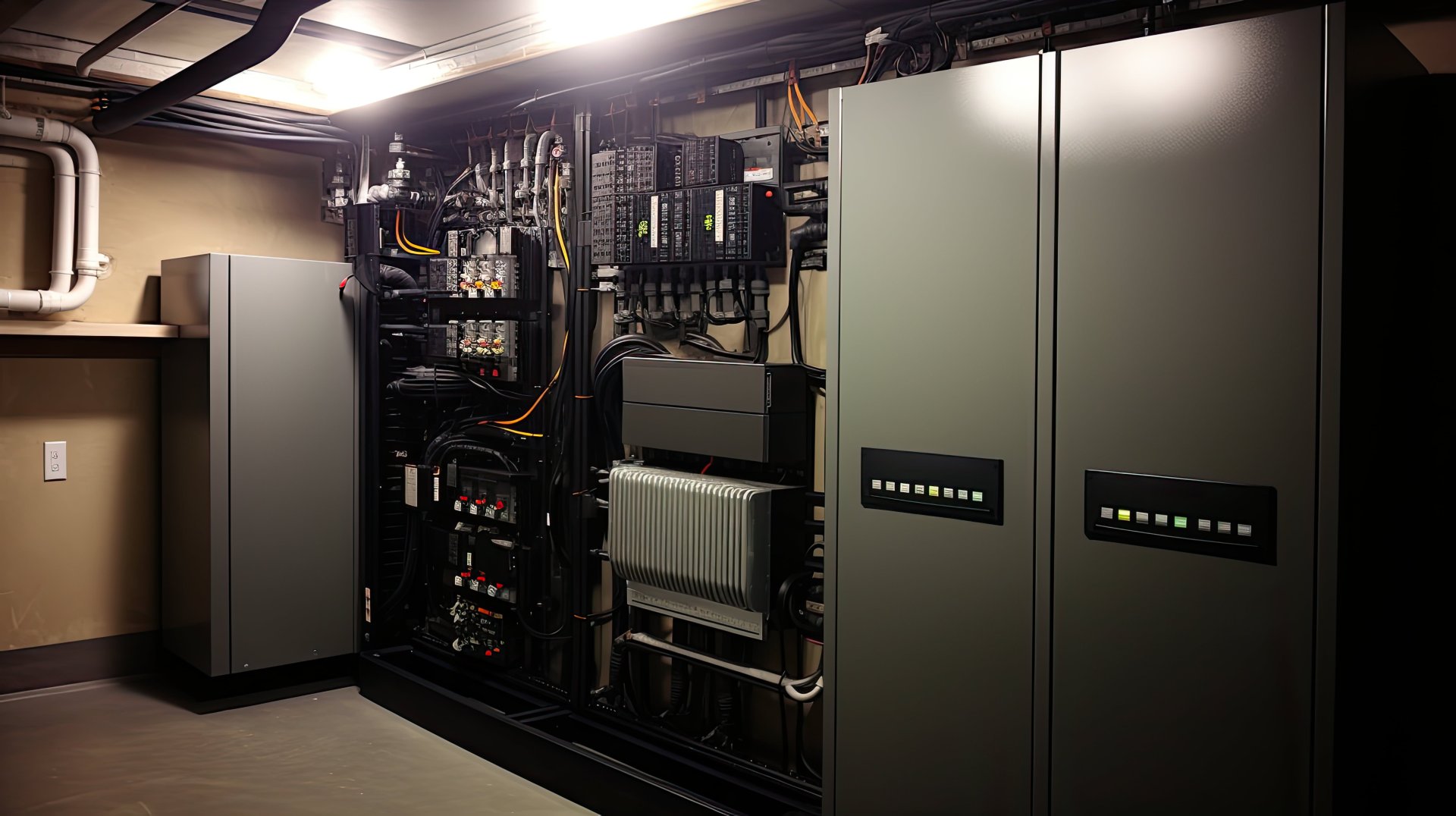Why Is UPS Efficiency Important?
Last updated: 5 Jun 2025
1058 Views

Why Is UPS Efficiency Important?
What Is UPS Efficiency?
UPS efficiency refers to how effectively the UPS converts incoming electrical power into usable output power.
- For example, a UPS with 95% efficiency delivers 95% of the input power to the load, while the remaining 5% is lost—typically as heat used to power the UPS's internal components.
Why Is High Efficiency Important?
- A high-efficiency UPS reduces energy loss in the form of heat
- Lower heat output reduces the need for additional cooling systems, such as air conditioning
- Even a 1—2% increase in efficiency can generate significant electricity savings over a typical UPS lifespan (~10 years)
- This is especially impactful for large-scale systems with high power ratings
- UPS Type - Different UPS technologies offer different efficiency levels
- Load Level - The same UPS can perform differently depending on the load
- For instance, a UPS running at only 20-25% load may operate at just 85% efficiency
Efficiency Considerations in Large UPS Systems
In parallel-redundant UPS systems, low efficiency in individual units multiplies across the system.
- Older UPS units often operate below 50% load, leading to compounded inefficiency
- However, modern UPS technologies have significantly improved efficiency—especially transformerless UPS systems
Examples of high-efficiency transformerless UPS:
- Riello UPS models: Sentryum, Multi Sentry, Memo III, Extra Power, Data Pro
- BCN UPS series
These models can achieve >95% efficiency from as low as 25% load all the way to full load.
ECO Mode and Efficiency Optimization
- ECO Mode can boost UPS efficiency up to 98-99% by bypassing the inverter and supplying power directly from the utility line
- The inverter activates only during power disturbances
- ECO Mode is best used when the connected load is non-critical (e.g., overnight or off-peak hours)
- The inverter activates only during power disturbances
- Smart Active Mode - An advanced mode where the UPS automatically chooses between Full Online and ECO Mode
- Based on the stability of incoming power
- Balances efficiency with reliability in real time
- Based on the stability of incoming power
Choosing a high-efficiency UPS suited to your environment can greatly reduce operational costs and improve power reliability.
Whether by selecting transformerless designs or using ECO/Smart Active Modes during off-peak hours, optimized UPS efficiency contributes to a smarter, greener, and more resilient power infrastructure.
Related Content
BT Connect offers high-quality Battery Monitoring Systems suitable for all industrial applications.
We deliver advanced solutions that empower you to manage battery health effectively. Our experienced team provides consultation and full support across Thailand and Southeast Asia.
16 Jan 2025
Difference Between Line Interactive UPS and Online UPS
16 Jan 2025
Industrial UPS systems are designed to operate in harsh environments such as factories, mining sites, oil and gas refineries, chemical plants, power stations, manufacturing workshops, and offshore rigs. In these conditions, equipment is exposed to challenges like dust, unstable power quality, and the absence of HVAC systems. Selecting the right UPS is critical for ensuring electrical stability, equipment protection, and operational safety.
16 Jan 2025


